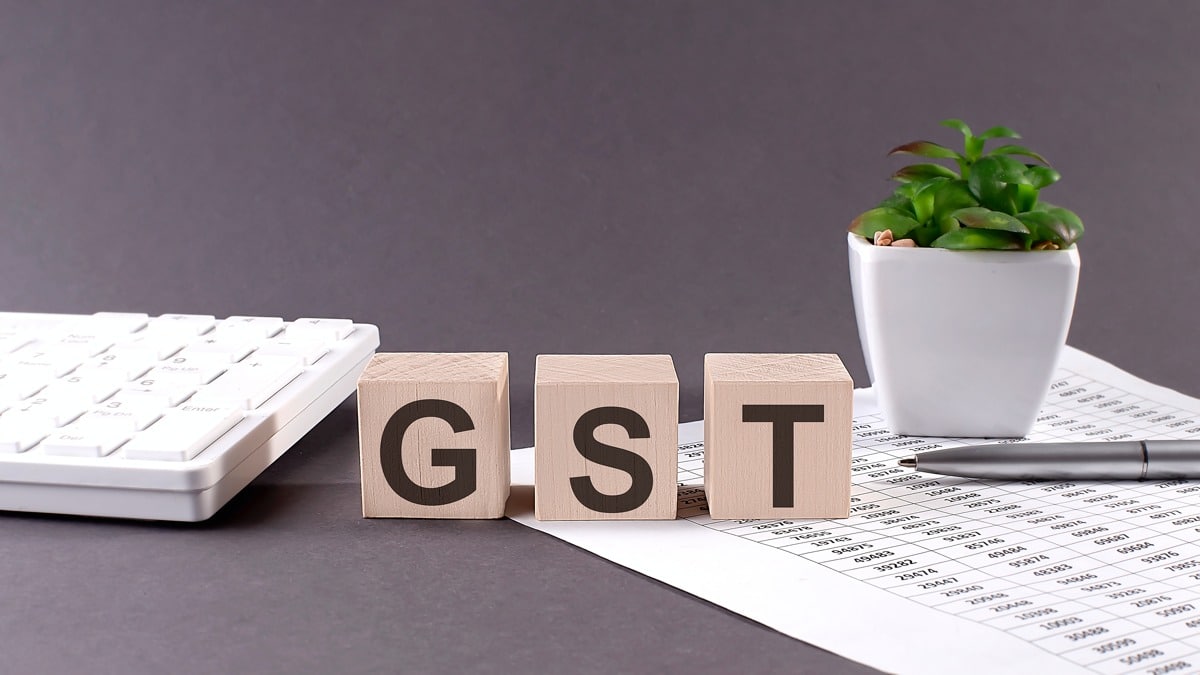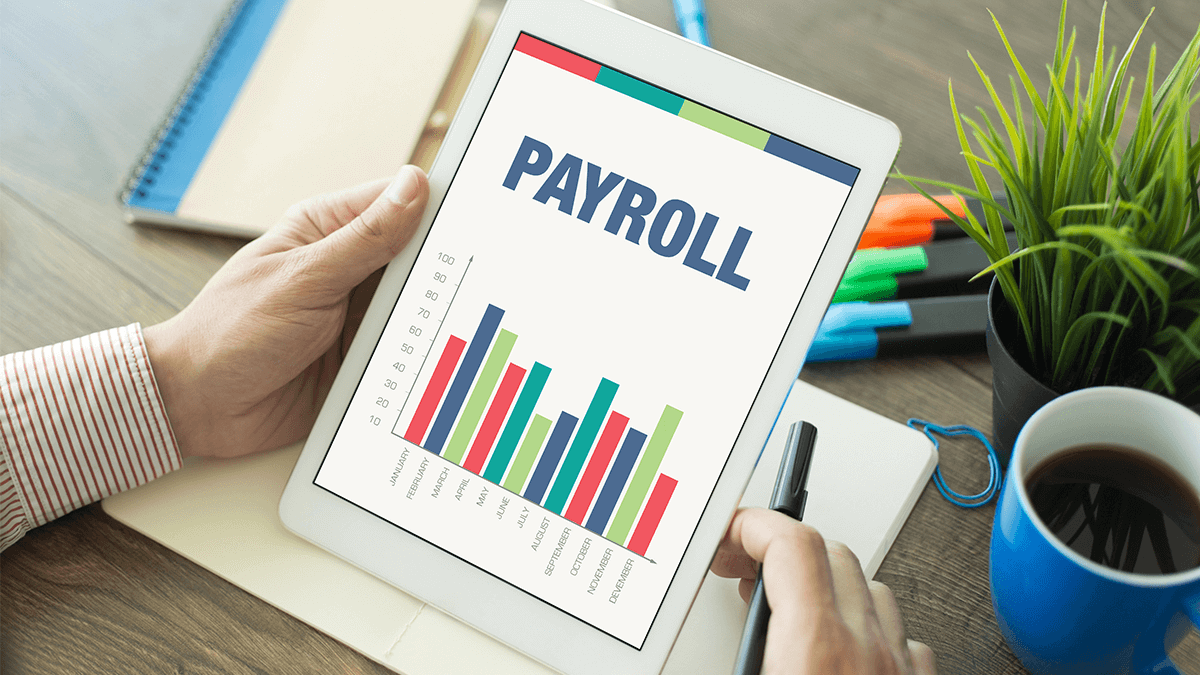In this guide
Self-managed super funds (SMSFs) provide members with a high degree of control over their retirement savings, but with that control comes responsibility.
SMSF trustees have extensive administrative, reporting and record-keeping obligations to ensure their fund complies with superannuation and taxation legislation.
The necessary paperwork may be a chore, but it’s necessary to ensure your fund is eligible for tax concessions under Australian superannuation law. Member contributions and fund earnings for compliant super funds (including SMSFs) are taxed at the concessional super rate of 15% in Australia (up to certain contribution limits).
Even if you choose to outsource some or all of the routine tasks, the buck stops with you if something goes wrong. Non-compliant SMSFs can face a range of penalties from the Australian Taxation Office (ATO).
An overview of responsibilities
The administrative, reporting and record-keeping obligations of SMSF trustees include:
- Appointing an SMSF auditor
- Valuing fund assets
- Paying the ATO levy
- Event-based reporting
- Reporting fund member/trustee changes
- Maintaining records.
Let’s look at each of these responsibilities in more detail.
Appointing an SMSF auditor
You must appoint an approved auditor at least 45 days before your SMSF annual return is due. This auditor must be independent; that is, they must not have any financial interest in your SMSF, nor have any personal or business relationships with fund members/trustees.
Approved auditors are registered with the Australian Securities and Investments Commission (ASIC). Your SMSF auditor is responsible for analysing your fund’s financial statements and assessing its compliance with super law. They must report any non-compliance issues to all fund trustees and the ATO.
Any SMSF records that your auditor requests must be provided within 14 days. This process will be much easier if you have systems in place to maintain and store your records.
Learn more about SMSF audits.
Valuing your fund’s assets
Your SMSF’s assets need to be valued at market value when its accounts, member benefit statements and annual tax returns are prepared. You will also need a valuation whenever a member starts a pension payment arrangement.
Paying the ATO SMSF supervisory levy
All SMSFs must pay an annual SMSF supervisory levy to the ATO. The annual levy is currently $259. It must be paid in advance, meaning that you pay double your annual SMSF levy in the first year of your fund’s operation.
Event-based reporting
Event-based reporting is an ATO framework introduced in July 2018 to help administer the transfer balance cap (TBC).
The transfer balance cap is the total amount of a person’s super that can be transferred to the retirement phase. The current cap is $1.9 million. This figure will increase over time in increments of $100,000, in line with movements in the consumer price index (CPI).
SMSFs need to start event-based reporting as soon as one of their members begins a retirement phase income stream. This is done by submitting a transfer balance account report (TBAR) to the ATO providing details of the member’s retirement phase income stream. Your SMSF must then report any events that subsequently affect any member’s transfer balance.
Since 1 July 2023, this event-based reporting must occur within 28 days of the end of the quarter in which the event occurs, regardless of the size of the member’s balance. All unreported events that occurred before 30 September 2023 must be reported by 28 October 2023.
Reporting fund member or trustee changes
Any changes to SMSF fund members/trustees (or their contact details) must be reported to the ATO within 28 days.
These details can be updated online at the government’s Australian Business Register, by phone (13 10 20) or by lodging a Change of details for superannuation form that can be downloaded from the ATO website.























